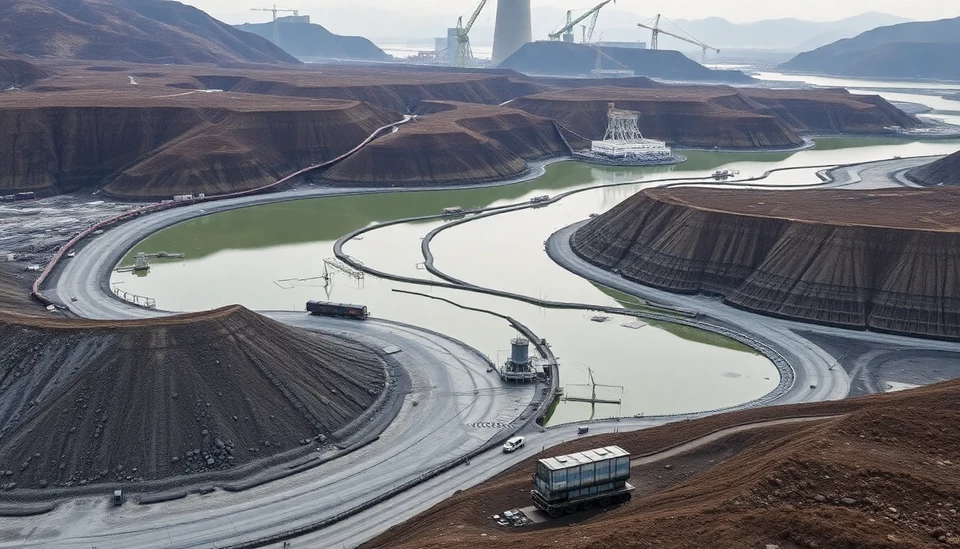
In recent months, China's coal industry has experienced a significant revival, leading many analysts and environmentalists to express concern over the implications for global climate goals. As one of the largest consumers and producers of coal, China's decisions carry substantial weight in the global energy landscape.
This renewed phase of growth can primarily be attributed to a surge in domestic energy demands combined with government policies that favor traditional fossil fuels as they strive for energy security. As the world transitions towards more sustainable energy sources, China's coal boom has raised questions about the country's commitment to reducing carbon emissions and its long-term energy strategies.
Throughout 2023, there has been a marked increase in coal production. This uptick comes at a time when international coal prices have fluctuated, creating an environment where domestic production becomes more favorable. Reports indicate that China has ramped up mine outputs in several key regions, pushing production levels to new heights.
Interestingly, this boom is also influenced by the broader economic landscape. The rebound of industries after pandemic-related slowdowns has ignited a frenzied demand for energy. Industries such as manufacturing, which are heavily reliant on coal, have prompted energy authorities to prioritize coal production to keep up with the rising energy needs.
The Chinese government has also implemented measures to bolster its coal industry to insulate it from potential future energy crises. Initiatives such as streamlined permitting processes for coal mines and increased investment in coal infrastructure demonstrate a clear shift to prioritize coal, even as renewable energy initiatives are simultaneously being promoted.
This dual approach has drawn criticism from environmentalists and climate advocates who argue that China's coal expansion could undermine global efforts to shift away from fossil fuels. As the world's largest emitter of greenhouse gases, any increase in coal production raises alarms about the feasibility and sincerity of China's climate commitments, particularly in light of its participation in international climate agreements.
Experts warn that if this trend continues, it could stifle progress in global climate targets. The reliance on coal could lead to a long-term lock-in of fossil fuel dependency, making it increasingly difficult to transition to cleaner, renewable sources of energy in the future.
In summary, while the resurgence of China's coal industry may satisfy immediate energy needs, the broader implications of such a move are complex and far-reaching. The balance between economic growth, energy security, and climate commitments will be a contentious topic in the years to come as the world grapples with the urgency of climate change.
As stakeholders monitor the developments of China's coal industry, the call for a critical reassessment of energy dependencies worldwide continues to grow louder, aligning with the urgent need for sustainable solutions in an era defined by climate uncertainty.
#ChinaCoal #EnergySecurity #ClimateChange #FossilFuels #SustainableEnergy
Author: Peter Collins

